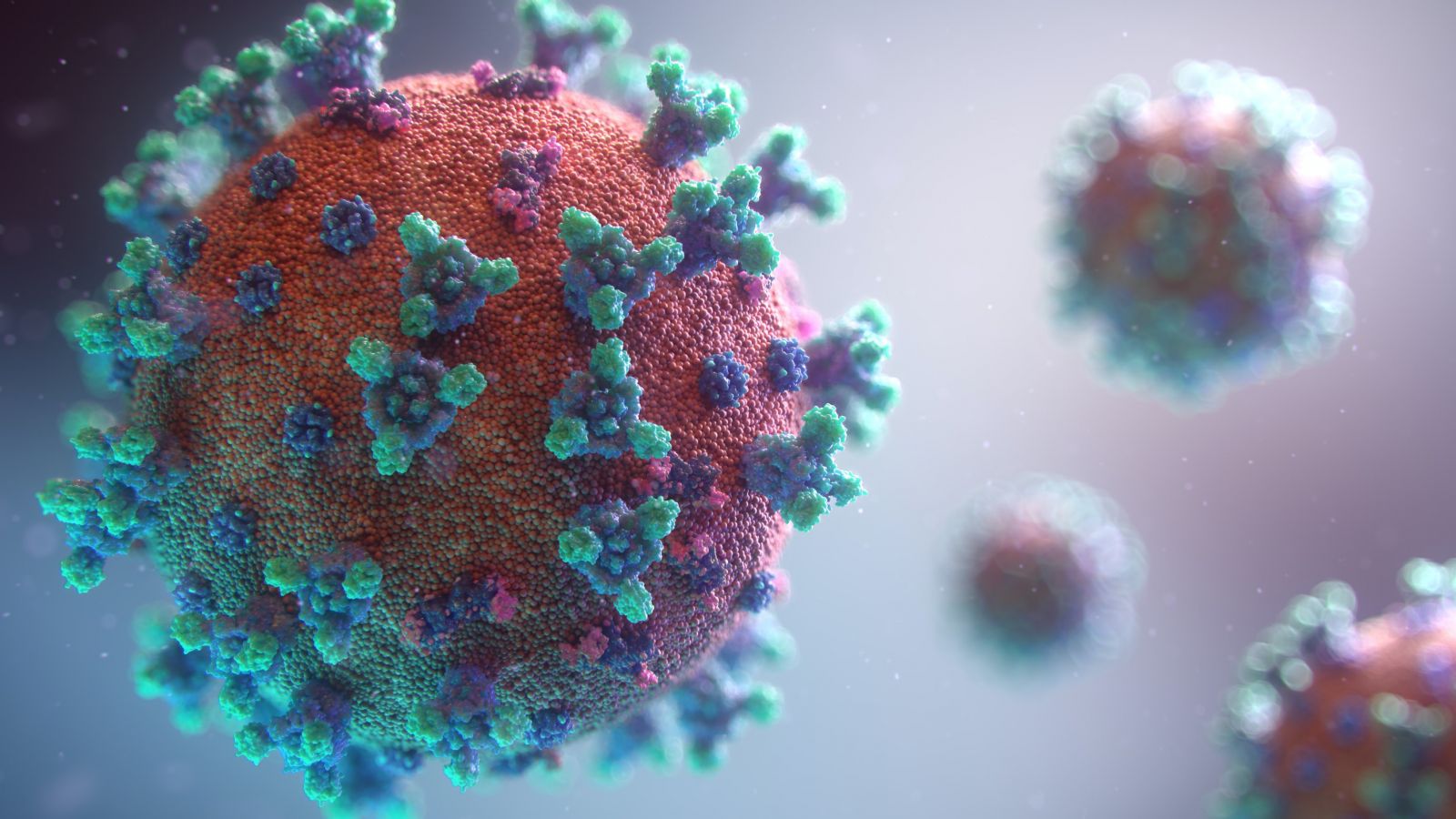Individual Rights During a Declared Emergency

During a declared public health emergency, governors, government agencies, and federal officials have the statutory authority to exercise various emergency powers that may directly impact individuals.
After the Model State Emergency Health Powers Act was introduced by the U.S. Department of Health and Human Services in October 2001, following the aftermath of the 9/11 terrorist attacks, nearly 40 state legislatures introduced the model legislation and 20 states adopted it in whole or in part. Depending on the state, legislators may or may not have enacted the Act’s proposed charge of a misdemeanor for those who refuse examination, testing, treatment, and vaccination.
In Minnesota, no individual can be forced to submit to examination, testing, treatment, vaccination, experimental treatment, and more without their consent. Furthermore, as Minnesota’s protective law requires, people must be informed that they have a right to refuse. Individuals must also be informed that if they refuse, they can be placed in quarantine or isolation. But they won’t be charged with a misdemeanor. (MN. Stat. 12.39 or see text below)
These hard-fought rights, gained during the 2002 Minnesota legislative session, honor an individual’s right to self-determination within the health care system in the midst of an emergency situation.
As the coronavirus continues to sweep across the nation, CCHF is calling on all federal, state, and local officials to avoid coercive tactics, and to focus instead on providing accurate and transparent information to encourage public cooperation in examination, testing, treatment and, when available, vaccination. CCHF supports persuasion not coercion. Moreover, state legislators should pass legislation protecting its citizens using language similar to Minnesota.
INDIVIDUAL TREATMENT; NOTICE, REFUSAL, CONSEQUENCE.
Subdivision 1. Refusal of treatment. Notwithstanding laws, rules, or orders made or promulgated in response to a national security emergency or peacetime emergency, individuals have a fundamental right to refuse medical treatment, testing, physical or mental examination, vaccination, participation in experimental procedures and protocols, collection of specimens, and preventive treatment programs. An individual who has been directed by the commissioner of health to submit to medical procedures and protocols because the individual is infected with or reasonably believed by the commissioner of health to be infected with or exposed to a toxic agent that can be transferred to another individual or a communicable disease, and the agent or communicable disease is the basis for which the national security emergency or peacetime emergency was declared, and who refuses to submit to them may be ordered by the commissioner to be placed in isolation or quarantine according to parameters set forth in sections 144.419 and 144.4195.
Subd. 2. Information given. Before performing examinations, testing, treatment, or vaccination of an individual under subdivision 1, a health care provider shall notify the individual of the right to refuse the examination, testing, treatment, or vaccination, and the consequences, including isolation or quarantine, upon refusal.
Additional Resources:
List of State Quarantine and Isolation Statutes -
National Conference of State Legislatures
Historical Information on Government Health Powers Act -
Citizens' Council for Health Freedom





